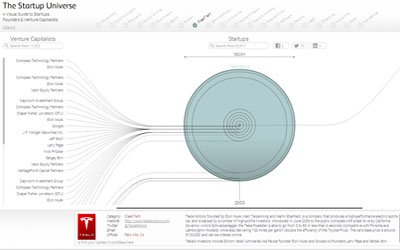Scientific research is changing due to artificial intelligence (AI), which makes intricate procedures quicker, more accurate, and more efficient. AI technologies like machine learning, deep learning, and natural language processing allow academics to tackle some of the most critical problems in the world at a never-before-seen speed, from advances in environmental science and engineering to medical breakthroughs.
Here, we examine how AI in research is used in several areas, emphasizing how it can lead to better results, fresh perspectives, and creative ideas.

AI in Medicine: Revolutionising Diagnostics and Drug Discovery
AI is revolutionizing the medical industry, particularly in medication discovery and diagnostics. AI algorithms can analyze extensive test findings, patient histories, and medical imaging datasets to find trends and provide remarkably accurate disease diagnoses. AI-powered imaging techniques, for example, have shown promise in identifying early indicators of conditions like Alzheimer’s and cancer, frequently before symptoms appear. AI has the potential to significantly improve patient outcomes and lower treatment costs by correctly diagnosing illnesses early.
Additionally, AI is speeding up drug discovery procedures that used to take years. Machine learning algorithms may analyze complex chemical structures, which can also forecast the interactions of novel substances with biological systems. This reduces the time and cost of trial-and-error testing, enabling researchers to discover possible medication candidates swiftly. What used to take ten years to build can now be completed in a few years thanks to AI, creating new opportunities for quicker illness treatment.
Environmental Science: AI for Climate and Sustainability Research
AI applications are boosting biodiversity research, climate research, and sustainability initiatives in environmental science. Climate scientists employ machine learning models to examine enormous datasets from sensors, weather stations, and satellites to produce more precise climate models. Thanks to these models, researchers can more accurately forecast future climate trends and comprehend the effects of human activity on the globe.
AI plays a crucial role in wildlife conservation initiatives as well. Artificial Intelligence (AI) can watch animal movements, monitor endangered species, and identify illicit poaching activities in real time by analyzing data from cameras, drones, and GPS trackers. Additionally, researchers can evaluate habitat damage, deforestation rates, and biodiversity loss with machine learning algorithms and information essential for conservation efforts and policymakers.
AI is also making significant advances in the field of sustainability studies. AI is used, for instance, to create environmentally friendly materials, optimize building energy use, and enhance recycling procedures. Researchers and companies are collaborating to reduce their environmental footprint and solve the global climate catastrophe more effectively by using AI to create sustainable practices.
Engineering: AI for Smart Design and Optimization
AI has emerged as a potent innovation tool in engineering, assisting in creating safer and more effective systems in domains such as materials engineering, automotive, and aerospace. Engineers use AI algorithms to model complicated systems in real-time, forecast material behaviors, and optimize designs. For example, by concurrently evaluating several design characteristics and situations, AI helps aerospace engineers create structurally sound and fuel-efficient airplanes.
AI-powered solutions can facilitate predictive maintenance in sectors where equipment dependability is essential. By analyzing sensor data from machinery, machine learning models can identify irregularities and anticipate failures before they occur. Lowering maintenance expenses and downtime is a proactive strategy that improves the effectiveness and economy of industrial processes.
Conclusion
AI is speeding up scientific research in various domains, including engineering, environmental science, and health. AI helps researchers make faster, better judgments by automating tedious operations, evaluating large datasets, and improving prediction accuracy. AI has enormous potential to advance society and revolutionize scientific research as it develops.

Founder Dinis Guarda
IntelligentHQ Your New Business Network.
IntelligentHQ is a Business network and an expert source for finance, capital markets and intelligence for thousands of global business professionals, startups, and companies.
We exist at the point of intersection between technology, social media, finance and innovation.
IntelligentHQ leverages innovation and scale of social digital technology, analytics, news, and distribution to create an unparalleled, full digital medium and social business networks spectrum.
IntelligentHQ is working hard, to become a trusted, and indispensable source of business news and analytics, within financial services and its associated supply chains and ecosystems






























